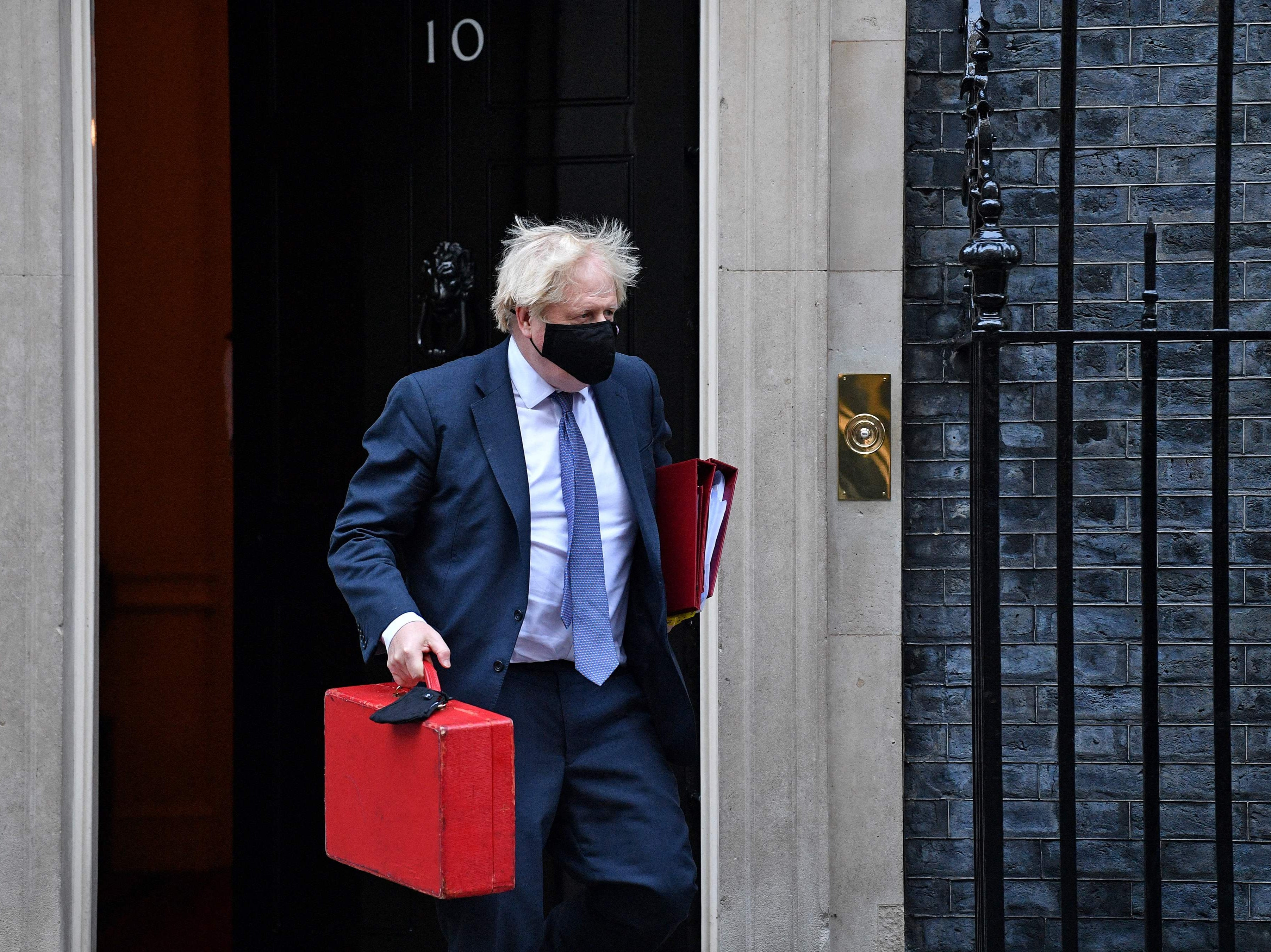Your support helps us to tell the story
From reproductive rights to climate change to Big Tech, The Independent is on the ground when the story is developing. Whether it's investigating the financials of Elon Musk's pro-Trump PAC or producing our latest documentary, 'The A Word', which shines a light on the American women fighting for reproductive rights, we know how important it is to parse out the facts from the messaging.
At such a critical moment in US history, we need reporters on the ground. Your donation allows us to keep sending journalists to speak to both sides of the story.
The Independent is trusted by Americans across the entire political spectrum. And unlike many other quality news outlets, we choose not to lock Americans out of our reporting and analysis with paywalls. We believe quality journalism should be available to everyone, paid for by those who can afford it.
Your support makes all the difference.Boris Johnson has been urged to stop MPs from avoiding tax on their second jobs by channeling the proceeds via low-tax personal companies.
At least 10 MPs are being paid a total of £1 million through such arrangements, an investigation by The Times newspaper found.
The approach can reduce tax bills for higher earners by potentially avoiding the 45 per cent top rate of tax on personal income.
Corporation tax has been cut in recent decades and companies now pay 19 per cent on their profits – a fact which can be used to the advantage of people seeking to pay less.
The approach is entirely legal but has raised eyebrows because MPs set the rates of tax in the first place.
Margaret Hodge, a Labour MP who led an inquiry into tax avoidance while chair of the Public Accounts Committee, branded the arrangements "completely outrageous".
She told the newspaper: “We, as MPs, determine the tax everyone has to pay and for some in our midst to choose to use personal service companies in this way is particularly scandalous.”
Alastair Graham, who previously chaired the committee on standards in public life also said the arrangements “should be stopped as soon as possible”.
The government has pledged to tighten the rules around second jobs and deputy prime minister Dominic Raab revealed on Thursday that MPs would face caps on either the hours they can spend at them or pay they can take home from them.
It follows a vote by MPs on Wednesday for the Commons standards committee to review the regulations and recommend updates to their code of conduct by January.
The row over outside earnings erupted into the open this month after Tory MPs voted to tear up the rules to protect MP Owen Paterson, who was found to have broken lobbying rules. The government U-turned on the move after a backlash.

Join our commenting forum
Join thought-provoking conversations, follow other Independent readers and see their replies
Comments